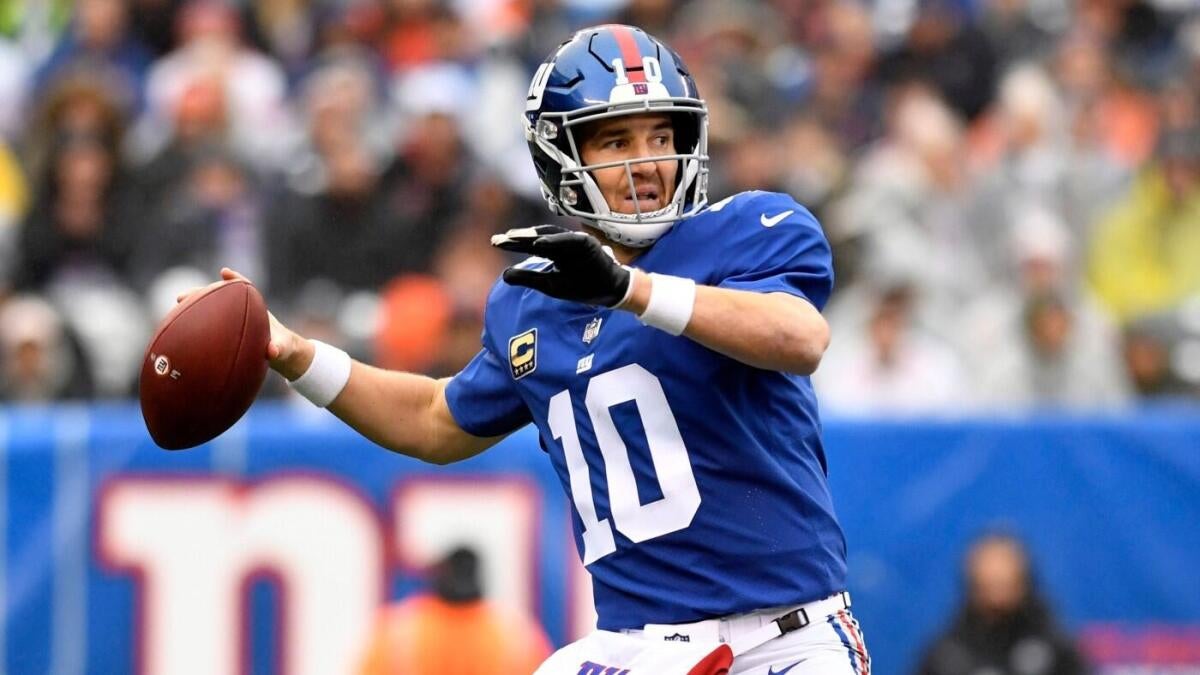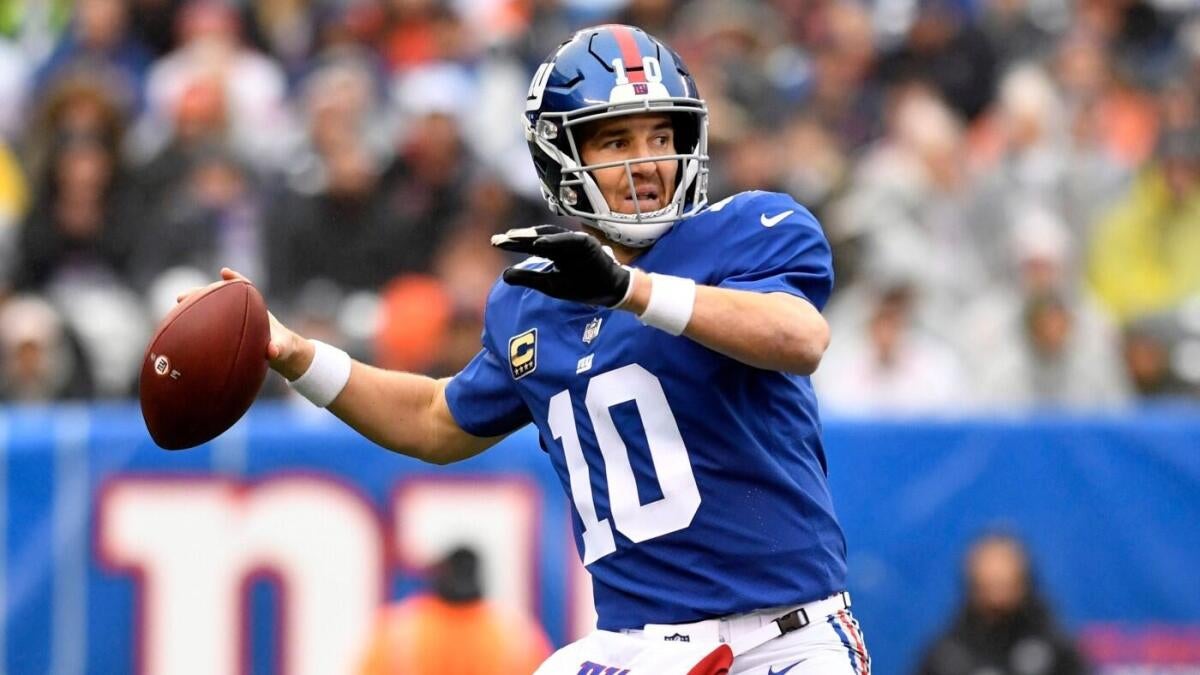The 2026 Pro Football Hall of Fame Class: A Look Ahead
The Pro Football Hall of Fame stands as the pinnacle of achievement for NFL players, coaches, and contributors. As the football world celebrates the Class of 2025, attention inevitably turns to the next group of potential inductees. The 2026 class promises to be particularly compelling, featuring a mix of first-time eligibles with dominant careers and returning candidates who have come close to enshrinement in previous years. This analysis explores the most likely inductees, the strongest candidates, and the factors that will shape the selection committee’s decisions.
The First-Ballot Locks: Unquestionable Greatness
Every Hall of Fame class features a handful of players who are virtual locks for induction in their first year of eligibility. For the 2026 class, two names stand out as near-certainties: Drew Brees and Larry Fitzgerald.
Drew Brees: The Statistical and Cultural Icon
Drew Brees’ Hall of Fame case is built on an unassailable foundation of statistics, leadership, and cultural impact. The former New Orleans Saints quarterback retired as the NFL’s all-time leader in passing yards and touchdowns, records that speak to his unparalleled consistency and durability. Brees’ career spanned 20 seasons, during which he was selected to 13 Pro Bowls and named first-team All-Pro three times.
Beyond the numbers, Brees’ legacy is deeply tied to the city of New Orleans. After Hurricane Katrina, he became a symbol of resilience, leading the Saints to their first Super Bowl victory in 2009. His accuracy, poise, and clutch performances in high-pressure situations cemented his place among the greatest quarterbacks in NFL history. The only question surrounding Brees’ candidacy is whether he will be a unanimous selection, a rare distinction reserved for the most universally revered players.
Larry Fitzgerald: The Complete Wide Receiver
Larry Fitzgerald’s Hall of Fame case is equally compelling. The longtime Arizona Cardinals wide receiver was a model of consistency and excellence throughout his 17-year career. Fitzgerald ranks among the all-time leaders in receptions, receiving yards, and receiving touchdowns, and was a dominant force in the playoffs as well. His exceptional hands, route-running ability, and sportsmanship made him one of the most respected players in the league.
Fitzgerald’s impact extended beyond the field. He was a respected leader in the locker room and a beloved figure in the Arizona community. His stellar performance and character make him an obvious choice for enshrinement. Like Brees, Fitzgerald’s first-ballot induction seems inevitable, with the only debate being whether he will be a unanimous selection.
Strong Candidates with Compelling Cases
Beyond the first-ballot locks, several other players entering their first year of eligibility in 2026 boast strong resumes and legitimate chances of earning a bronze bust.
Maurkice Pouncey: The Dominant Center
Maurkice Pouncey was a dominant force at the center position for the Pittsburgh Steelers. A nine-time Pro Bowler and two-time All-Pro, Pouncey anchored the Steelers’ offensive line for over a decade. His exceptional strength, technique, and leadership were instrumental in the success of Pittsburgh’s offense. Centers often face an uphill battle for Hall of Fame recognition due to the nature of their position, but Pouncey’s sustained excellence and accolades make him a compelling candidate.
Frank Gore: The Relentless Workhorse
Frank Gore is one of the most durable and productive running backs in NFL history. While he may not have possessed the flashy highlight-reel plays of some other backs, Gore’s relentless running style and exceptional longevity resulted in him accumulating the third-most rushing yards in NFL history. His consistency and sheer volume of production should resonate with the Hall of Fame voters. Gore’s case is bolstered by his durability, as he played in 162 regular-season games, a testament to his toughness and work ethic.
Eli Manning: The Super Bowl Hero
Eli Manning’s Hall of Fame case is an interesting one. While his regular-season statistics may not blow anyone away, his two Super Bowl victories against the New England Patriots create a strong narrative that may sway voters. Manning’s clutch performances in the playoffs, particularly his iconic fourth-quarter drives in Super Bowls XLII and XLVI, are etched in NFL lore. His ability to elevate his game in the biggest moments will be a key factor in his candidacy.
The Waiting Game: Returning Candidates
The 2026 ballot will also include a number of returning candidates who have been finalists in previous years but have yet to receive the nod. These players often face a more challenging path to induction, as their accomplishments have already been debated and scrutinized by the selection committee.
Reggie Wayne: The Consistent Performer
Reggie Wayne was a productive and reliable target for Peyton Manning during their time with the Indianapolis Colts. Wayne’s consistency and contributions to a high-powered offense make him a deserving candidate. However, he faces stiff competition from other receivers already in the Hall of Fame or on the ballot. Wayne’s case will hinge on whether the selection committee values his sustained excellence over a longer period or the peak performance of other receivers.
Jared Allen: The Dominant Pass Rusher
Jared Allen was a dominant pass rusher with a knack for sacking quarterbacks. He accumulated 136 sacks during his career, placing him among the all-time leaders. Allen’s energetic playing style and memorable celebrations made him a fan favorite. However, his candidacy has been overshadowed by other pass rushers with more impressive statistics or accolades. Allen’s case will likely come down to whether the selection committee values his peak performance and impact on the game.
Patrick Willis: The Elite Linebacker
Patrick Willis was an elite linebacker during his prime. His career was somewhat short compared to other linebackers, but his impact on the field when he played was undeniable. The voters will need to make a decision on whether his peak performance outweighs his longevity. Willis’ case is bolstered by his three first-team All-Pro selections and five Pro Bowl appearances, but he will need to overcome the perception that his career was cut short by injury.
The Impact of Positional Scarcity
The Pro Football Hall of Fame selection process is not solely based on individual merit; it also considers positional representation. Certain positions, such as offensive linemen, linebackers, and defensive backs, often face greater scrutiny due to the limited number of spots available and the abundance of deserving candidates.
In 2026, this positional scarcity could impact the candidacies of players like Maurkice Pouncey and Patrick Willis, who face competition from other highly accomplished players at their respective positions. The selection committee will need to weigh the relative importance of each position and ensure that the Hall of Fame represents a balanced cross-section of NFL history.
Factors Influencing the Selection Committee
Several key factors will influence the selection committee’s decisions for the Class of 2026:
Statistical Dominance
Players with impressive statistics and records often have a stronger case for induction. Drew Brees’ passing records and Frank Gore’s rushing totals will undoubtedly be highlighted during the selection process. The committee tends to favor players who have set or approached major records, as these achievements are tangible and easily quantifiable.
Championship Success
Winning a Super Bowl or other major championship can significantly boost a player’s Hall of Fame prospects. Brees’ Super Bowl victory with the Saints and Eli Manning’s two Super Bowl wins against the Patriots will be important factors in their evaluations. The committee values players who have contributed to their team’s success in the most high-pressure situations.
Longevity and Consistency
Sustained excellence over a long career is highly valued by the selection committee. Larry Fitzgerald’s durability and consistent production over 17 seasons will be a major asset in his candidacy. Players who have maintained a high level of performance over an extended period are often viewed as more deserving than those with shorter, more explosive careers.
Impact on the Game
Players who have significantly influenced the game, whether through innovation, leadership, or exceptional performance, are often favored by the voters. Drew Brees’ impact on the passing game and his role in popularizing analytics-based decision-making will be noted. Similarly, Larry Fitzgerald’s sportsmanship and leadership qualities will be highlighted as intangible assets that contributed to his team’s success.
Potential Surprises and Dark Horses
While the most likely inductees have been identified, the Hall of Fame selection process is never without surprises. There are always a few dark horse candidates who could emerge as serious contenders.
Antonio Gates: The Dominant Tight End
Antonio Gates was a dominant force for the San Diego Chargers. His unique blend of size, athleticism, and receiving skills made him one of the most productive tight ends in NFL history. Gates’ impressive statistics and consistent performance make him a potential sleeper candidate. His case is bolstered by his eight Pro Bowl selections and three first-team All-Pro honors. However, he will need to overcome the perception that he was primarily a matchup problem rather than a complete tight end.
London Fletcher: The Underrated Linebacker
London Fletcher’s name may not stand out to casual fans, but his resume is impressive. He played 16 seasons and accumulated more tackles than Ray Lewis, a fellow Hall of Famer. Fletcher’s durability, leadership, and consistent performance make him a potential dark horse candidate. However, he will need a strong advocate to push his case, as his lack of flashy statistics and accolades may work against him.
Conclusion: A Class to Remember
The Pro Football Hall of Fame Class of 2026 has the potential to be one of the most memorable in recent history. With a blend of first-ballot locks, strong candidates, and intriguing returning players, the upcoming selection process promises to be filled with compelling debates and tough decisions. The inductions of Drew Brees and Larry Fitzgerald seem inevitable, while the fates of other deserving candidates remain uncertain.
Ultimately, the selection committee will be tasked with choosing a class that honors the rich history of the NFL and celebrates the players who have left an indelible mark on the game. The 2026 class has the potential to be a historic one, featuring players who have redefined their positions, set new standards for excellence, and inspired future generations of football players. As the selection process unfolds, football fans will eagerly await the announcement of the next group of legends who will take their rightful place in Canton.












